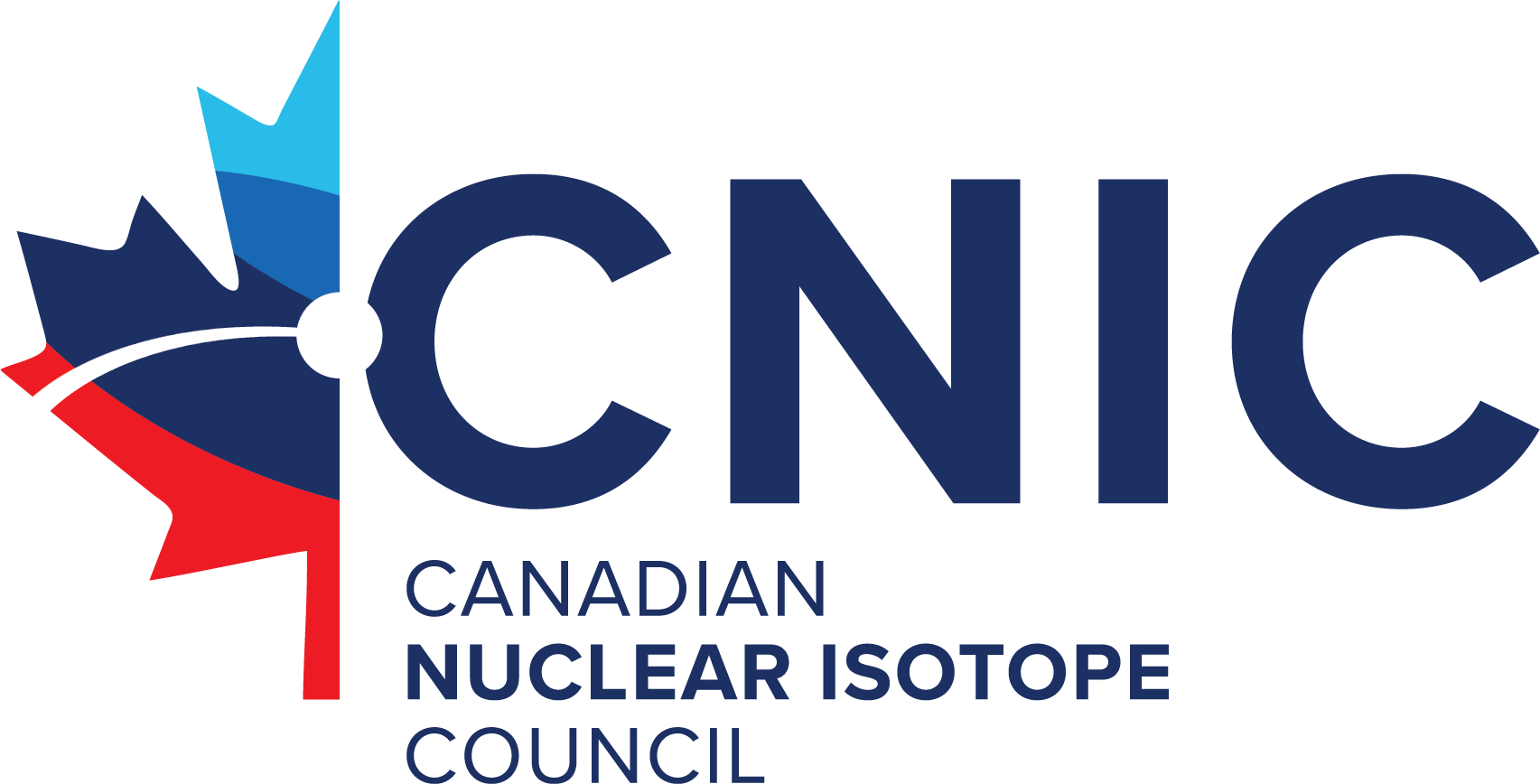The Canadian Nuclear Isotope Council (CNIC) has released a new report highlighting the need for strong Canadian leadership to ensure a domestic and international supply of medical isotopes.
Patients fighting cancer and other medical conditions all over the world rely on Canada for a safe and stable supply of medical isotopes.

This presents a major challenge – and opportunity – for Canadian leadership in the training, research, development, deployment and export of medical isotopes for the global market.
“People suffering from these horrible illnesses are counting on Canada,” said James Scongack, Chair of the CNIC, addressing the Economic Club of Canada. “Now more than ever it’s time for Canada to lead. That’s what today’s report is all about – when it comes to meeting some of the world’s greatest health challenges, all eyes are on Canada. We need to step up and provide the leadership in this area the world has always counted on Canada for.”
The report makes it clear that Canada must enable investment in its isotope infrastructure and ensure the building blocks are in place for this sector to remain a global leader. Such investments would exhibit a commitment to Canada’s role as a leader in nuclear medicine, and dramatically bolster the country’s capacity to innovate while delivering substantial economic and societal benefits to both Canadians and patients around the globe.
The CNIC’s report reveals that:
Advancements in health technology in emerging economies has led to increasing demand for oncology treatments. In addition, demand is being driven by improved reimbursement scenarios surrounding insurance coverage, well-established health-care facilities, a rise in geriatric population, rising awareness among people undergoing nuclear medicine treatments and increased diagnosis options.
Two-thirds (66 per cent) of Canadians are concerned about ceding their leadership position in isotope production and research and development and a further
63 per cent of Canadians support the development of a national strategy for isotopes to ensure Canada remains at the forefront of this sector.
This also presents a major economic opportunity for Canada. The size of the global isotope market was estimated to be $9.6 billion (US) and is projected to grow to over $17.1 billion (US) by 2023. The report also provides valuable current data about the Canadian isotope sector and the impact of its supply chain on Canada’s economy in terms of jobs and economic growth.
Recognizing the opportunity presented by continued Canadian leadership in isotope development the report makes seven recommendations for the Federal and Provincial governments:
- Develop a Pan-Canadian Strategy for Isotopes.
- Designate the Supply of Isotopes as a Key Element of Strategic National Infrastructure.
- Designate Canada’s isotope community as a key focus area within the Strategic Innovation Fund.
- Break down barriers within Canada and abroad to accommodate new treatments and new clinical trials.
- Deploy new technologies accessible to Canadians in rural, northern and remote communities that will reduce travel requirements, improve outcomes and equality around the standard of care.
- Promote Canadian isotope leadership abroad and continue with international co-ordination.
- Secure Canadian talent and expertise by supporting our isotope research institutions.
[showmodule id=”687″]
